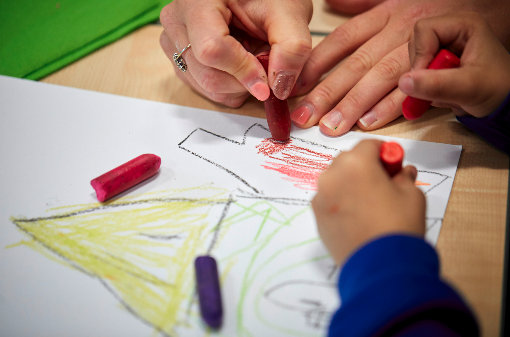Ofsted newsletter – Safeguarding Self-Assessment
The Ofsted Education Inspection Framework outlines that, under inspecting Leadership and Management, inspectors will make a judgement by evaluating the extent to which leaders and the provider upholds a culture that supports effective arrangements to safeguard children. Leaders are required to fulfil statutory duties under the ‘Prevent’ strategy, ‘Keeping Children Safe in Education’ and ‘Working Together to Safeguard Children’. In essence, when safeguarding is deemed ineffective by Ofsted, so too is the Leadership and Management of the setting.
The Safeguarding Self-Assessment allows schools to consider each of these elements in more detail by providing supporting evidence, demonstrating procedures that are in place and reflecting on practice. The assessment is split into the following sections: Safeguarding Arrangements; Promoting Pupil Welfare; Working with Parents; Governance and Accountability; and Training and Professional Development. A thorough report is collated as part of the assessment, highlighting areas of good practice as well as those which require further development. The document is a useful tool to be shared with governing bodies and executive boards, providing a strong basis for school improvement and action plans. In recent inspections, and further emphasised in the newly published Schools Bill, Ofsted are requiring evidence of procedures that are in place to support the safeguarding of pupils within settings – the One Education Safeguarding Self-Assessment offers schools the opportunity to display this with the support of professional, external support.




